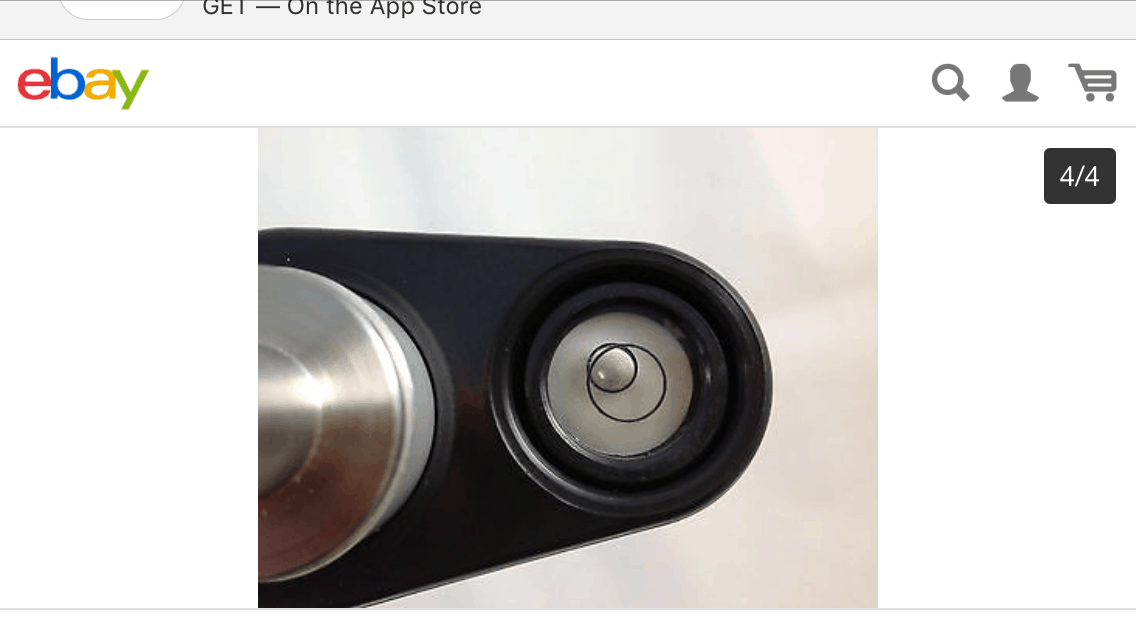When prism constants and precision were initially explained to me I was told the two numbers to look out for were the constant, to which the prism is offset in the assembly and the precision to which the prism was ground and that some glass was more rigorously controlled than others in the manufacturing process. I have usually not seen the precision documented from what I have stumbled upon but have always kept the idea in the back of my head.
As far as "centering accuracy" that is the optical center to the housing error, described on page 7:
not sure if that link will work, you can google for
Leica_Surveying_Reflectors_WP_en.pdf
Once outside of the glass you still need to account for everything else. For close in sideshot work I like a sticky target on a sight card because it is so simple.
In my opinion buying and using the highest end glass and accessories has benefits beyond the precision, such as durability and ease of use. Spread across the life of the product the difference is reasonable to me. Pick up the profits in in making your operation more efficient, not in buying the cheapest stuff.
The referenced Leica Surveying Reflectors - White Paper Characteristics and Influences talks about Alignment/Setup being critical because of the glass typically found on the front of most Surveyor's reflectors
It is interesting to simply note the types of prism errors noted in red.
Jim Frame, post: 353540, member: 10 wrote: I use one of these for close-in on-the-ground work:
I don't do a lot of close-in precision work, but a few years back I had a project that required setting 4 tie-out points roughly 30 feet from each of 30+ corner monuments to be perpetuated, and restoring the corner positions from those points post-construction. I used the mini-tripod with a GMP101, took ample redundant measurements and did a network adjustment at each site. Residuals were consistently less than 0.015 foot, with most less than 0.01 foot.
The GMP101 built-in bubble is good, but its placement is not conducive to work down low -- it's too hard to see the bubble from directly above. That's where the bubble on the mini-pole is useful, and it can easily be checked against the GMP101 bubble.
Where can I buy one of those?
Mike Falk, post: 353588, member: 442 wrote: We regularly buy Spherically Mounted Retroreflectors from PLX
The specs on those are overkill for most surveying applications, but they do look like high-quality products. What kind of price point are we looking at?
Brad Ott, post: 353609, member: 197 wrote: Where can I buy one of those?
The Chinese are churning them out via ebay.
Jim Frame, post: 353613, member: 10 wrote: The Chinese are churning them out via ebay.
too bad they are not on the level (wink):
Jim Frame, post: 353611, member: 10 wrote: The specs on those are overkill for most surveying applications, but they do look like high-quality products. What kind of price point are we looking at?
Yes, "overkill for most". But, pretty standard for Industrial Metrology.
$1,500+/- for the lower quality. $2,800 +/- for the higher quality.
Mike Falk, post: 353615, member: 442 wrote: Yes, "overkill for most". But, pretty standard for Industrial Metrology.
$1,500+/- for the lower quality. $2,800 +/- for the higher quality.
how do you fix them on to the pole? duck tape? 😉
Mike Falk, post: 353588, member: 442 wrote: Jim
I was at Purdue when this work was done, and remember Will Oren presenting his findings on this as well as other error propagation topics. That said, I am very grateful for the Purdue Education I earned.
We regularly buy Spherically Mounted Retroreflectors from PLX
Typical issues affecting error propagation in prisms include
1. Flatness of the prism material, typically glass
2. How well the proper intersecting angles were manufactured
3. How well the prism material is centered within the prism frame.Each SMR comes with a calibration. The worst calibration I have seen for the prism being centered in the steel ball is 0.00007 on an inch.
This discussion has been pretty good at listing several of the errors that propagate in measurement. I find it interesting that some only look at the "measurement error" cited for their total station.
Can you tell us prices from plx prisms?
The mini pole on Ebay comes in several flavors and the bubble is adjustable.
I have two that are about 1ft HI and have the 5/8in thread on top
Took mine and sharpened the point some, it was too blunt for my tastes.
With all the talk about sighting the focal point of the prism got me thinking.
I always sight the target or pole.
:gammon:
A Harris, post: 353627, member: 81 wrote: I always sight the target or pole.
My robots don't know how to do that.





